When you lose a pet, the loss is real.
The daily greetings, nuzzles, or countless other expressions of unconditional love and acceptance weren’t imagined; they were a big part of your life and aren’t easily dismissed.
Your friend is gone. And your heart is broken.
Now, you may wonder if you have the space and permission to express your pet grief.
Does the fact that your animal wasn’t human somehow constrict or reduce your mourning to some lesser way, or in some concealed place? Of course not. You are entitled to grieve.
Pet grief is real grief.
You may find that coping with the emotional pain you are enduring requires the help of someone trained to help you understand, navigate, and integrate your feelings for your beloved animal.
Support is crucial during mourning. A therapist or pet grief support group can be an important resource. You may find the comfort you need, help with stuck feelings, and encouragement to fully appreciate the relationship you enjoyed with your pet.
Let’s examine how therapy can help:
Therapy for pet grief affords you the comfort and attention you deserve.
Loss deserves attention regardless of species or how your connection is perceived by others. If your pet’s death hurts you deeply, you should be comforted by someone who takes that loss seriously. A therapist can offer compassion and a listening ear in the midst of your pain.
Feeling acknowledged and accepted at this time is important. You have a right to seek out understanding and to give your loss voice. Talking to a therapist can help you see how precious your pet was and see your grief as a completely normal overflow of that love. You deserve the chance to feel cared for completely and helpfully.
Therapy for pet grief allows you the opportunity to grieve without denial, invisibility, or complication.
You need to fully express your loss, and completely process it, in order to move forward. Try to keep these things in mind:
- Acknowledge your grief. Pet loss is a big deal. Therapy or support groups can provide a support system of people who understand a love of animals and give you a safe place to express intense grief. Denying your grief could lead to distorted thinking or misplaced anger.
- Validate your grief. Grief is often processed socially. The desire to share the loss, perform rituals, and memorialize your relationship is no different when mourning a pet. If you feel the depth of your attachment is trivialized or pushed aside, a therapist or pet grief support group can be significant witnesses to your experience and your disenfranchised grief.
- Manage your grief. An inability to face your loss may result in complicated grief. If you are emotionally “stuck” and believe life can never be normal or bearable without your pet, a therapist may be helpful. He or she can help you regain perspective, helping you to address signs of depression and anxiety.
Therapy can help you embrace growth and wholeness as you process pet grief.
Losing your animal companion is heartbreaking, but it is also a great opportunity to appreciate what your animal gave you: unconditional love and a connected life.
Therapy can show you how to seek those things out on your own, as an inner memorial to his or her place in your life and a renewed commitment to live well.
Pet grief is real grief. Understanding that is essential to finding support, validation, and internal peace moving ahead. Allow your therapist to come along beside you. He or she can help make this difficult time productive and an appropriate testament to the love you and your pet shared.
For more information on grief counseling click here.


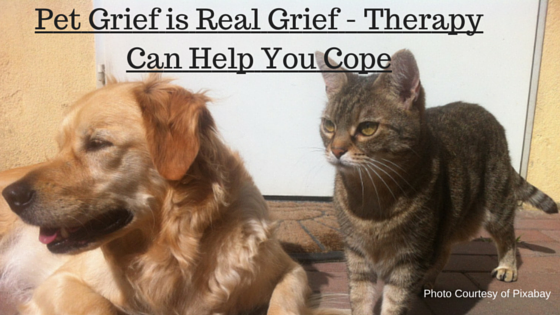
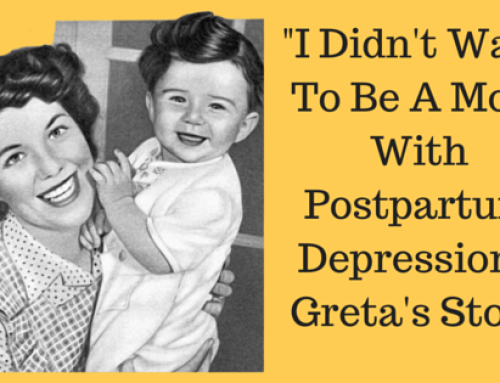
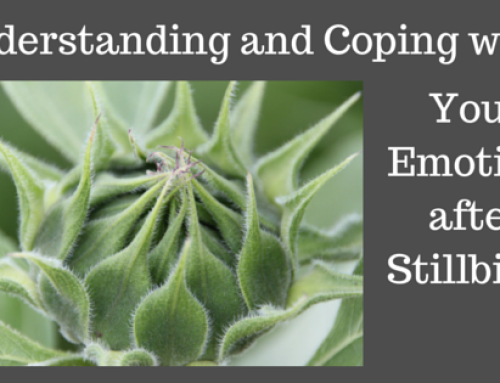
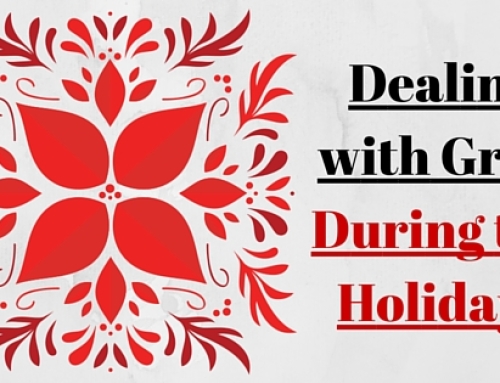

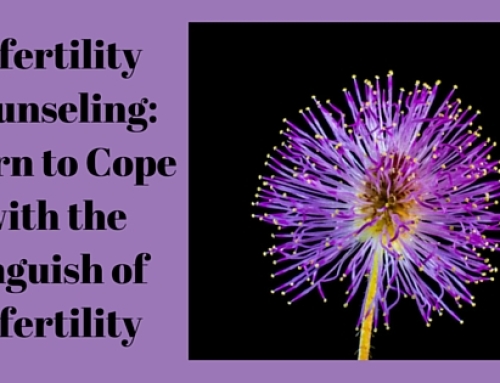
Leave A Comment